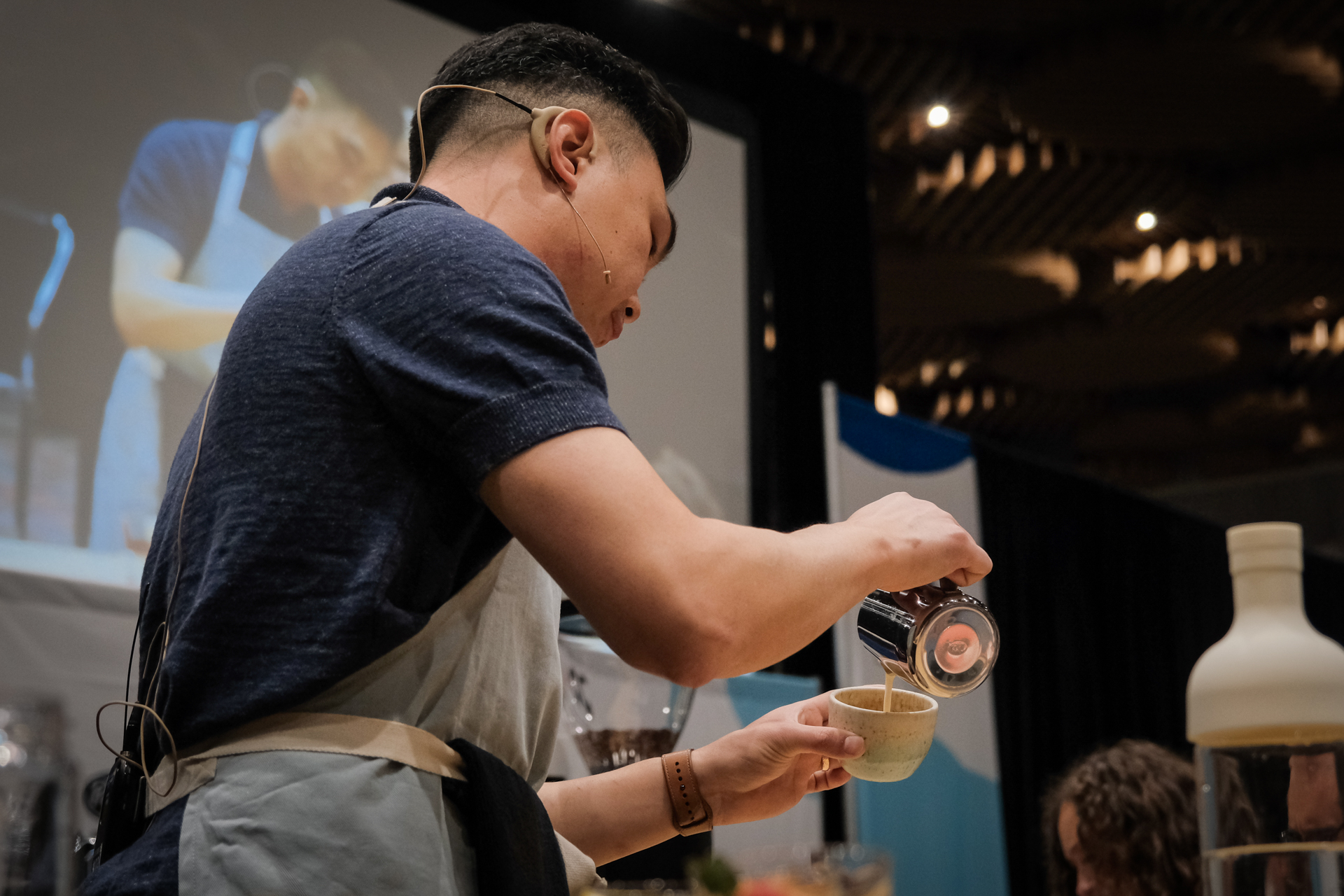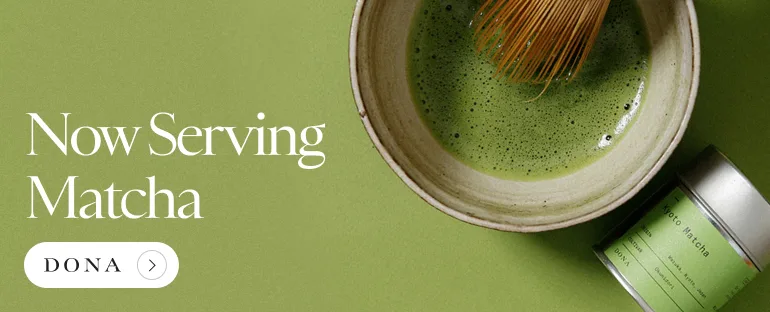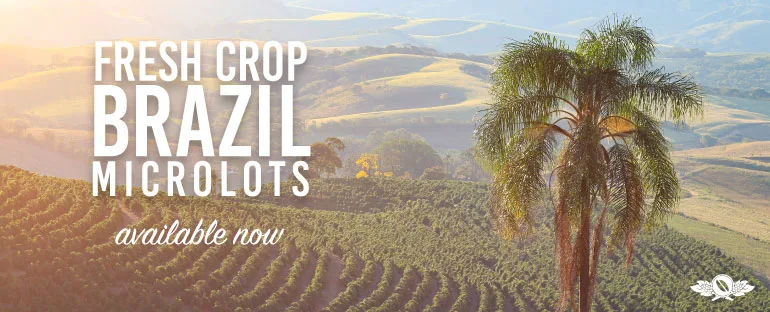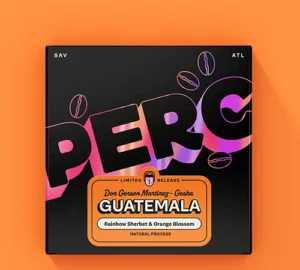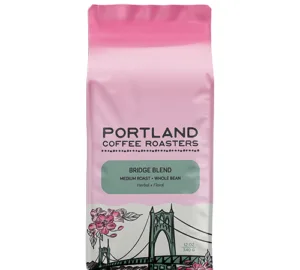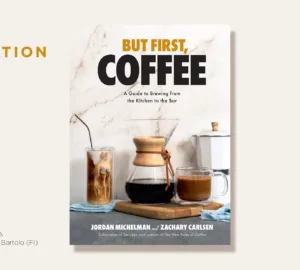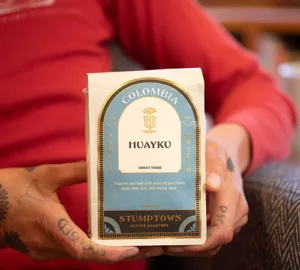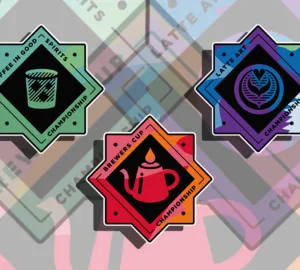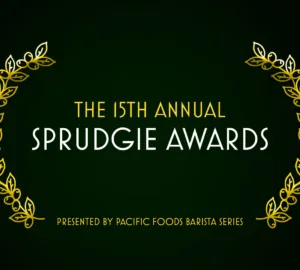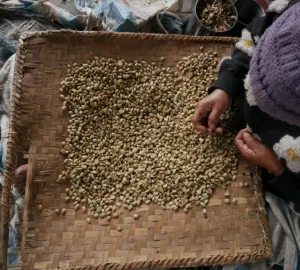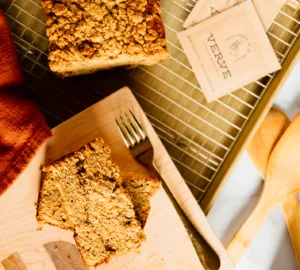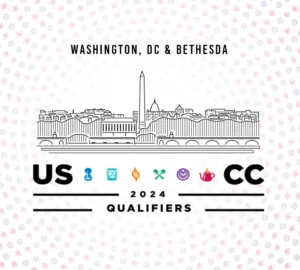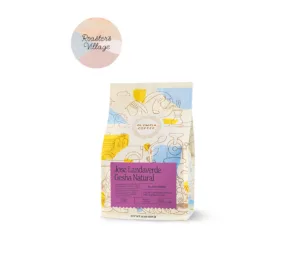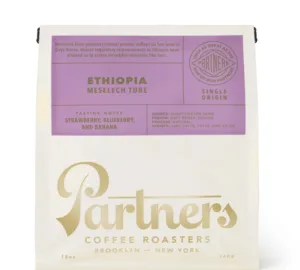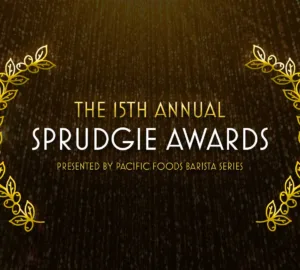If there is one course in the US and World Barista Championships that has historically been, if not over-looked, then perhaps at least a touch looked over, it’s milk. The signature beverage course has creativity and flash, and the espresso course is all about showing off the flavors of that experimental micro-lot competition coffee. The milk course, well—it has often lacked the same depth of innovation.
Those days are all but gone now, thanks to the introduction of freeze-distilled milk. First popularized in the American competition scene by Onyx Coffee Lab’s Andrea Allen, freeze distilling allows for a higher concentration of milk fat by freezing and removing some portion of the water content. It has been a game-changing development for both the milk course and barista championships as a whole. But freeze-distilling is only the beginning of the milk-goosing techniques competitors are now implementing, and with the introduction of complex drinking instructions akin to what we are used to seeing in the other two courses, there’s a strong argument to be made that 2023 is the Year of the Milk Course.
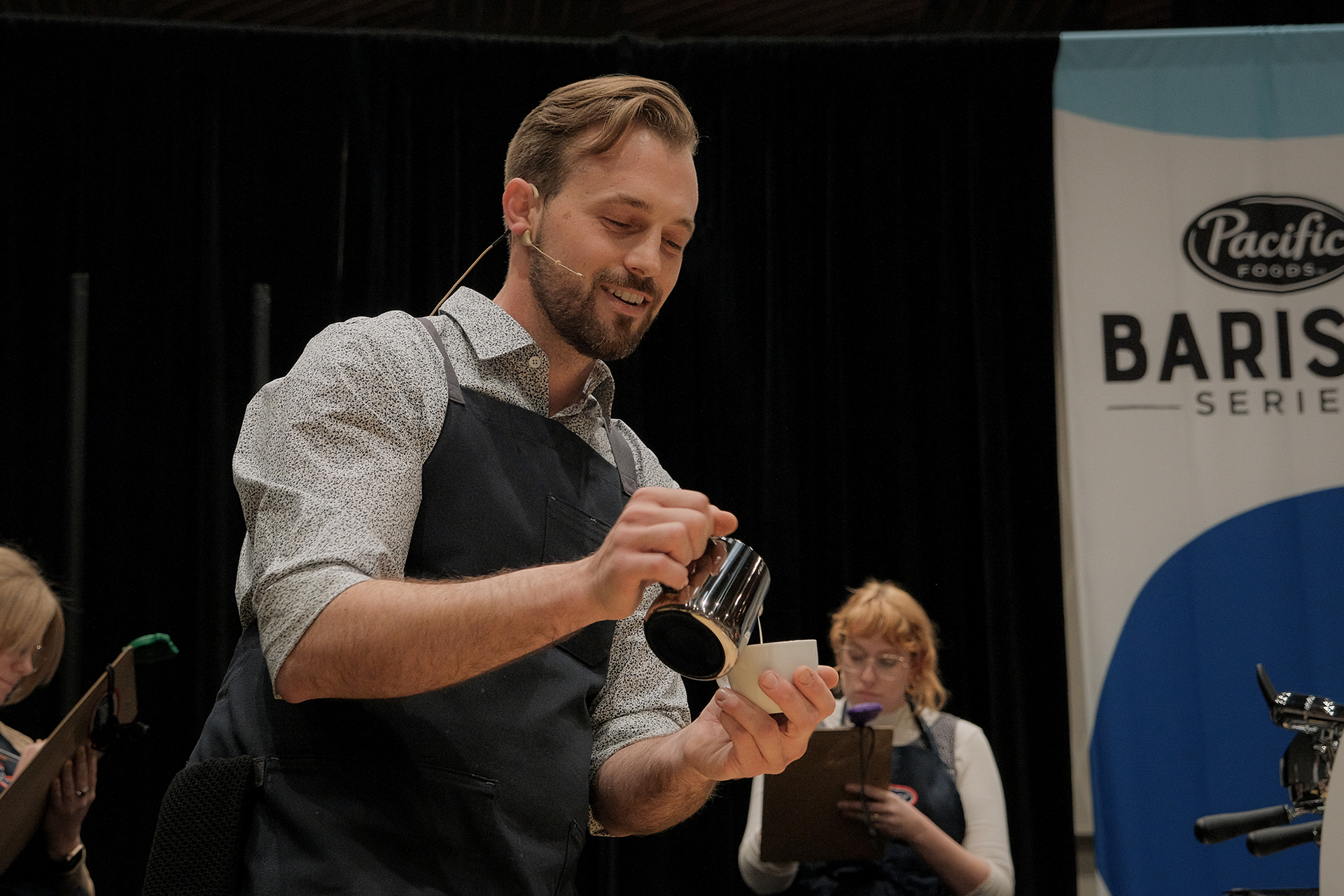
If you thought the Gesha ubiquity at the 2023 USBC was something, wait till you hear about milk. In the Semi-Final round of 18 competitors, 17 used some sort of trickeration to up the fat content of their milk, and all six competitors on Finals Sunday used an altered milk.
The main mode for this was freeze distillation—four of the final six used this—and it gave competitors another avenue to individualize and distinguish their routines. Many competitors devoted portions of their script to discuss the exacting percentages of the water content that was used in their freeze-distilling process. Onyx Coffee Lab’s Dakota Graff even took his milk one step further by aging it for five days.
The resulting beverages all had a heavier body, with rich, sweet flavor calls like cheesecake, cocoa-dusted chocolate truffle, yellow cake batter, white chocolate, and salted caramel.
But freeze distillation was by no means the only fat-boosting technique. Reef Bassette of The Coffee Movement went a bit more old school with his milk, by literally scooping off the cream from one batch of raw Jersey cow’s milk and adding it to another, boosting the already high 6% milk fat content to an astounding 12%. The hot up-and-coming method, seen throughout every stage of competition, was something known as cryo-desiccation, used by none other than the 2023 USBC champion, Isaiah Sheese of Archetype Coffee.

Introduced by 2022 World Barista Champion Anthony Douglas, cryo-desiccation is essentially a fancy word for freeze-drying, whereby water is removed from the milk and what is left is turned into a powder that can then be rehydrated to whatever concentration a competitor prefers. Cryo-desiccation as a process is much more repeatable and consistent than freeze distilling, and in fact, in his Semi-Final routine, Black & White Coffee’s Jake McFarland stated that they will bringing cryo-desiccated milk to their cafes very soon.
But 2023 wasn’t just about how you futzed with your milk, it was also about how the beverage was to be consumed. We saw competitors give judges directions on exacting direction on the number of stirs to give a drink and even how to do it. None were more emblematic of this shift than the drinking instruction of KWC’s Juan Diaz. For his milk course, he instructed judges to stir the drink 15 times with a straw he provided before taking their first sip from the bottom of the cup via the straw. Then, for the second sip, they were to take a more traditional drink from the lip of the glassware.
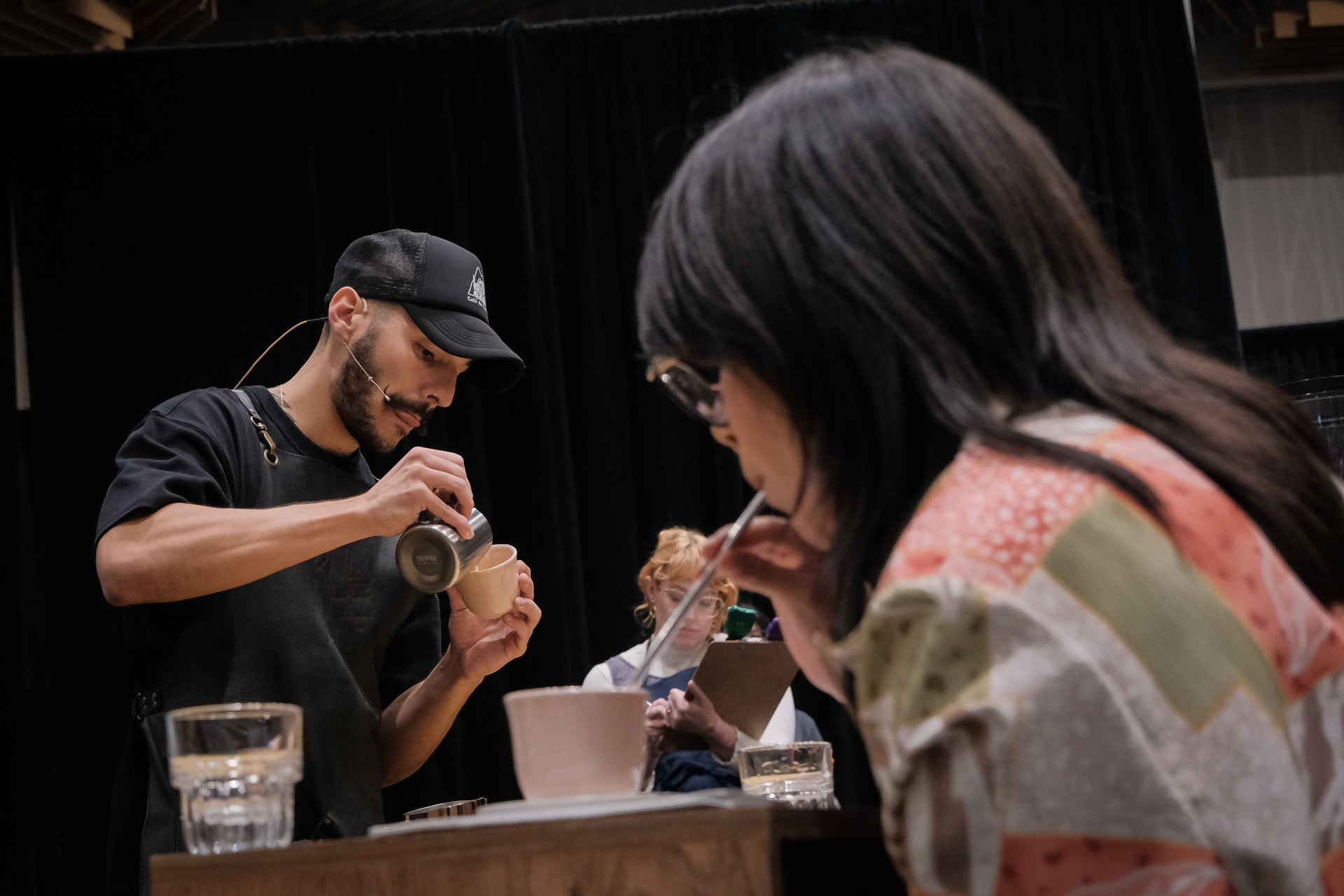
Looking ahead, the milk course is only going to get more intriguing. For the 2023 World Barista Championship in Athens later this year in June, a brand-new rule change now allows for competitors to use alternative milks; cow’s milk is no longer a requirement. Will we see these same processes applied to oat or soy or almond or macadamia nut milks? Would they even work on an alt milk? With the current stage of high-fat affairs in the milk course, one would assume that the alt milks at WBC will come out of the gate altered just to keep pace. Will competitors make a custom blend of differing alt milks or even a cow-alt combo? The creativity we are going to see in the milk course is about to explode.
Whatever happens, I’m here for it. It’s high time the milk course, the drink that is the lifeblood of cafes worldwide, got its shine on alongside those Geshas and sig bevs. Give me that milky milky dankness all day, everyday.
Zac Cadwalader is the managing editor at Sprudge Media Network and a staff writer based in Dallas. Read more Zac Cadwalader on Sprudge.











